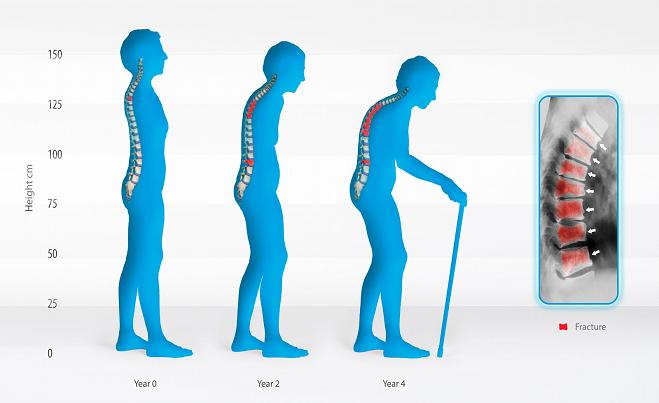Being diagnosed with a health condition will prompt your doctor to prescribe medicinal drugs. Indeed, American citizens are dependent on medicinal drugs to achieve well-being to a great extent. However, it helps to learn about the cause of such ailments and then take appropriate steps to root out the cause instead of being determined to eliminate the symptoms. It is further important to understand how the metabolism of your body can help you with the treatment. It is therefore necessary to be aware of the interrelation between Metabolism and Medicine before going ahead and consuming prescription drugs.
You would be well advised to conduct some research into the topic to know how your body will process the medicines that you consume throughout the day. It is interesting to note that the metabolism of medicines primarily takes place in your liver. While the liver generates enzymes that help to break down the drugs into simple components, they may be converted into another product that is easily metabolized by the body thus ensuring the right results. Opioids and antidepressants can penetrate the brain thanks to the activation of p-glycoproteins that assist in absorption of the prescription drugs
Metabolism and Medicine: Related Factors
The speed of drug metabolism as well as their efficacy is controlled by several factors such as the following:-
- Genes– The enzyme belonging to the gene group cytochrome P450 (CYP450) plays an active role in the metabolism of medicines. While 70% to 80% of drug metabolism depends on these types of enzymes, numerous variants may metabolize different classes of drugs in a diverse manner.
- Existing Disorders– The action of prescribed drugs will also depend on the other disorders that may exist in the patient. Metabolism of the drug may be adversely affected or rendered inactive when you have a liver disorder, kidney dysfunction, or advanced heart failure.
- Interaction with Food– The efficacy of breaking down the prescribed medicine by CYP450 enzymes may be affected by interaction with food or other medicines when consumed simultaneously or within minutes. When the metabolism speed decreases substantially, the patient may develop symptoms of intolerance.
- Age– The enzymes in the body that affect metabolism are prone to change with age too. Newborns have a partially developed system that is unable to metabolize or absorb certain medicines. Doctors prescribe pediatric doses for such patients. A few other drugs that are prescribed for adults may be unsuitable for infants and newborns.
Some of the salient points to remember when trying together information about Metabolism and Medicine are the following:-
- A drug that is metabolized speedily by the body may not be effective as the chemicals get excreted before having the desired effect. The doctor thus prescribes it in increased doses to ensure the right therapeutic effect
- The medicinal drug that is metabolized too slowly may result in the right result. Unfortunately, when it remains within the body for a longer period, it may cause multiple side effects to the patient as well.
Diagnostic tests and resting for medication metabolism may help the doctor understand how to prescribe certain medicines for treatment.




